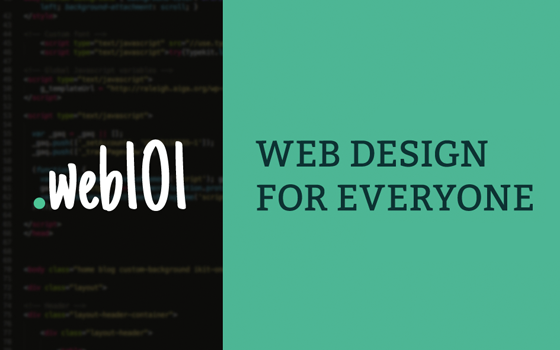In light of a comments-convo I had with Dave on my earlier post about checking your social network privacy settings, I thought this article by Meredith Levinson, titled Job Seekers to Employers: Stop Snooping! introduced an interesting thread. Check out her concluding paragraphs:
Finally, you might claim that we simply can’t control the way employers use the Web to screen candidates, so we might as well play it safe, especially right now, in this employer’s market. You’re right: We can’t control the way employers use the Web, but we can control how we use it. We can reclaim the Web and Web 2.0 technologies as instruments that create community and promote free speech as opposed to instruments that help corporations (and governments) monitor people’s behavior.
Americans enjoy a right to privacy even though it’s not technically protected by the Constitution. Employers that exploit the free, open nature of the Web to snoop into and judge people’s personal lives infringe on everyone’s privacy. Their actions also verge on discrimination.
In a way, I think she has a point: discrimination on the basis of information posted to a social network could be a problem, depending upon what that information is. However, who wouldn’t consider all the information available to them when considering hiring someone? It seems like Levinson equates checking out someone’s Facebook profile to following them home and peeping in their windows- almost as if to say an employer should have the self-control to not be a voyeur. But I’m not sure I can go with equating looking at someone’s publicly viewable social network profile to voyeurism. When she says that Americans enjoy a “right to privacy” that should extend to their social media profiles, she’s really not talking about the access, she’s talking about whether someone makes a judgment on the basis of what they see there. I don’t see how you can expect to control that. It’s kind of like walking around a public place with no clothes on and then being outraged that someone looks at you.
My point is that the potential employee can CHOOSE whether to put personal info out there, and how much, too. Even though Levinson puts a response out there to this point, I think it still stands to reason that if you don’t want it known by a potential employer, don’t put it out there. I’m not sure I can say that I wouldn’t consider someone’s personal info if it was available to me, and I don’t think it’s by nature discriminatory. It really depends upon what that information is, right?


